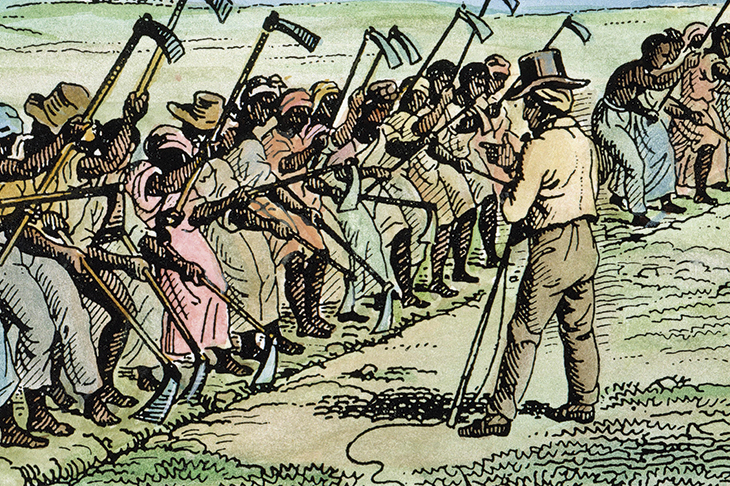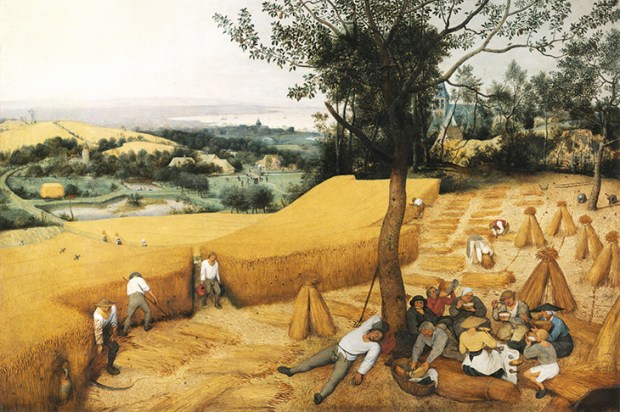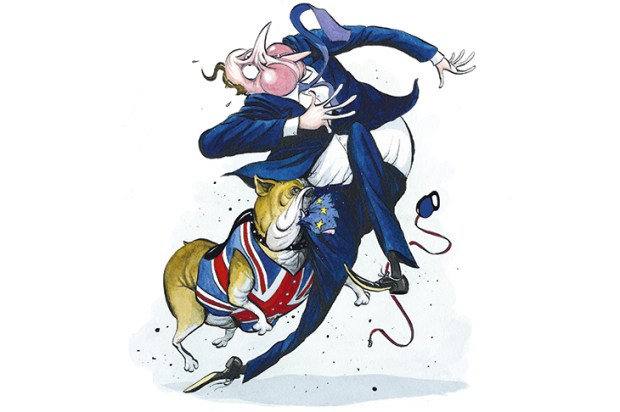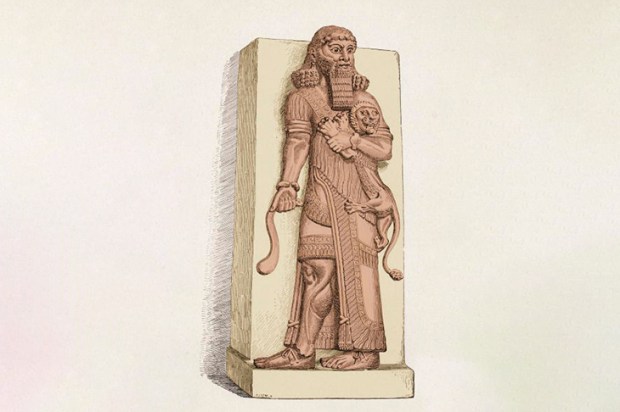No nation’s defeat is ever quite straight-forward, and sometimes downfall can bring its own kind of posthumous victory. By the end of the American Civil War in 1865, for example, the Confederates had managed to recast themselves as Christ-like victims, exalted by the myth of a noble lost cause. The South had lost 20 per cent of its white male population to the Union armies, but that only confirmed its moral superiority over the money-grubbing Yankee.
According to Susan Neiman, postwar Germans approximated the vanquished Confederacy in their inability to imagine their own defeat. Attempts were made to recompense the Jewish community, but most Germans, East and West, refused to accept responsibility for the war at all. Auschwitz survivors received a smaller pension than former SS guards and their widows. Everything was blamed on Hitler. In Neiman’s formulation, the slave-holding Confederates had been no less blindly defiant in their self-image as wronged victims.
Neiman was born in 1955 in Atlanta, Georgia. She was brought up there as a white Jewish girl amid the iniquities of segregation, but for much of her adult life she has lived in Berlin, where she teaches philosophy. Berlin might seem a questionable choice of home for a Jewish woman whose people had been caught in the Nazi dragnets in far-distant Europe. However, Neiman believes that Germany is no longer at heart anti-Semitic. For as long as ‘good’ Germans are at the helm of Germany today, moreover, a Fourth Reich remains unlikely.
German attitudes to the war changed decisively in the late 1960s, when the children and grandchildren of Nazis began to ask troubling questions about their nation’s past. Some Germans turned guilt into a national virtue and performed Trauerbeit, or the ‘labour of mourning’; others sought to renew themselves spiritually by undertaking pilgrimages to Israel. Still others, a minority, took up the Baader-Meinhof terrorist cause. In Neiman’s view, the American South might profit usefully from the German example of ‘working-through-the-past’ or Vergangenheitsbewältigung. The compound noun — all but unpronounceable for non-German speakers — was added to the nation’s vocabulary in the postwar period.
The legacy of racial opprobrium has never been properly ‘exorcised’ in the American South, Neiman maintains. While a museum dedicated to the African–American ‘experience’ was opened to the public in Washington in 2016, America’s confrontation with its legacy of slavery is far from complete. (Neiman can sound quite sententious at times.) The German example of public self-examination and moral atonement might serve white Southerners as a model for their own attempts to mourn and master the past.
For all its strained and rather eccentric argumentation, Learning from the Germans is certainly thought-provoking. Neiman’s concern is not with ‘comparative evil’ — which is worse: slavery in the deep South or Hitler’s murderous anti-Semitism? — but with ‘comparative redemption’. She wants to know how each, very different community has responded to and reframed the memory of its past enormity.
In preparation for writing her book, Neiman spent three years interviewing people in both Germany and the United States. Learning from the Germans, part reportage, part extended essay, is informed by interviews conducted with civil rights lawyers, historians, novelists, philosophers, film-makers and others engaged in ‘remembering’. Many of the Southern informants speak openly of national guilt, but show an understandable Southern discomfort at comparisons made between Hitler’s extermination of European Jewry and plantation slavery. The circumstances surrounding wartime Germany’s biological anti-Semitism and the history of slavery in Dixie cannot bear comparison. Auschwitz was a unique instance of human infamy. Neiman, to her credit, says as much.
Everywhere Neiman goes in Mississippi, people want to know how Germany has managed to reckon so directly with its past. She finds eerie echoes of Germany’s postwar protestations of innocence in what some Mississippi interviewees tell her about slavery (nobody was in the slave business; Southerners only bought what unscrupulous Northern ship captains sold them). Neiman says she had to rid herself of images of tight-lipped gauleiters in uniform barking ‘Shut up! Papers please!’ in order to write Learning from the Germans. Though at times poorly written, the book remains a stimulating if rather strained exploration of moral myopia in the face of unnecessary suffering.
Got something to add? Join the discussion and comment below.
Get 10 issues for just $10
Subscribe to The Spectator Australia today for the next 10 magazine issues, plus full online access, for just $10.
You might disagree with half of it, but you’ll enjoy reading all of it. Try your first month for free, then just $2 a week for the remainder of your first year.














Comments
Don't miss out
Join the conversation with other Spectator Australia readers. Subscribe to leave a comment.
SUBSCRIBEAlready a subscriber? Log in